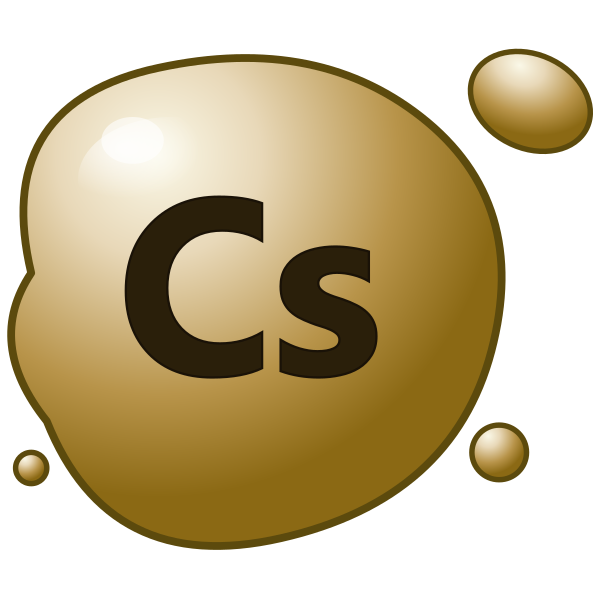I/O Functions
// Formatted output printf ( "Hello, {}! \n " , name ); // stdout printf ( stderr , "Error: {} \n " , error_message ); // explicit stream debugf ( "Debug info: value = {} \n " , debug_value ); // stderr shortcut
// Standard streams file output = stdout ; file input = stdin ; file errors = stderr ; Mathematical Functions
Trigonometric Functions
// Trigonometric functions (built-in, shadowable) f64 angle = 1.57 ; f64 sine = sin ( angle ); f64 cosine = cos ( angle ); f64 tangent = tan ( angle ); Rounding Functions
// Rounding functions (required for float->int conversion) f64 value = 3.7 ; i32 down = floor ( value ); // 3 i32 up = ceil ( value ); // 4 i32 nearest = round ( value ); // 4 i32 toward_zero = trunc ( value ); // 3 Root Functions
// Root functions (also available as operators) f64 square_root = sqrt ( 25.0 ); // or ::25.0 f64 cube_root = cbrt ( 27.0 ); // or 3::27.0 Type Introspection
// Type and size information uword int_size = sizeof ( i32 ); // 4 uword array_size = sizeof ( numbers ); // total array size in bytes str type_name = typeof ( variable ); // "i32", "Vector3", etc.
// Usage in generic functions generic< T > void = print_type_info ( T value ) { printf ( "Type: {}, Size: {} bytes \n " , typeof ( value ), sizeof ( T )); } Assertion and Debugging
Runtime Assertions
// Runtime assertions void = validate_input ( i32 value ) { assert ( value >= 0 ); // program terminates if false assert ( value < MAX_VALUE , "Value too large: {}" , value ); } Compile-time Assertions
// Compile-time assertions comptime { assert ( sizeof ( i32 ) == 4 ); // verified at compile time } Memory Management Functions
Basic Allocation
// Memory allocation functions # void = alloc ( uword size ); // allocate memory # T = alloc < T >( uword count ); // allocate typed array # T = alloc < T >( uword count , T init ); // allocate and initialize void = free (# void ptr ); // deallocate memory # void = realloc (# void ptr , uword size ); // reallocate memory Memory Operations
// Memory manipulation void = copy (# void dest , # void src , uword size ); // copy memory void = move (# void dest , # void src , uword size ); // move memory (overlap-safe) void = zero (# void ptr , uword size ); // zero memory i32 = compare (# void a , # void b , uword size ); // compare memory String Functions
String Operations
// String manipulation (when std.string is not used) uword = strlen ( str s ); // string length i32 = strcmp ( str a , str b ); // string comparison str = strcat ( str dest , str src ); // string concatenation str = strcpy ( str dest , str src ); // string copy Aggregate Functions
Statistical Functions
// Statistical operations on arrays generic< numeric T > T = min ( slice[T] values ); generic< numeric T > T = max ( slice[T] values ); generic< numeric T > T = sum ( slice[T] values ); generic< numeric T > f64 = mean ( slice[T] values ); generic< numeric T > f64 = norm ( slice[T] values ); System Functions
Environment Access
// Environment and system information str = getenv ( str name ); // get environment variable i32 = system ( str command ); // execute system command void = exit ( i32 code ); // terminate program Built-in Constants
Mathematical Constants
const f64 pi = 3.141592653589793 ; const f64 e = 2.718281828459045 ; const f64 sqrt2 = 1.414213562373095 ; const f64 ln2 = 0.693147180559945 ; System Constants
const uword POINTER_SIZE = sizeof (# void ); const str TARGET_OS = "linux" ; // or "windows", "macos", etc. const str TARGET_ARCH = "x86_64" ; // or "arm64", etc.  Cesium
Cesium